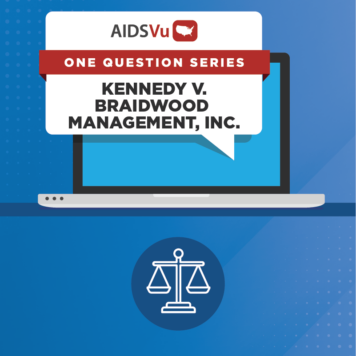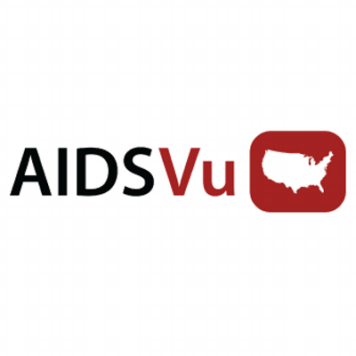In 2021, there were 620,181 Gay and Bisexual Men living with HIV, representing over half (57%) of all people living with HIV in the U.S.
September 27 is National Gay Men’s HIV/AIDS Awareness Day (NGMHAAD), a day to recognize the disproportionate impact of HIV among gay men, bisexual men, and other men who have sex with men (MSM), and to raise awareness about the importance of expanding access to HIV testing, prevention, screening, and care services.
Discrimination such as racism, ageism, and homophobia make the struggle of living with HIV especially hard for Gay and Bisexual Men*. These intersecting stigmas can hinder their access to testing and treatment services. For Gay and Bisexual Men of color, these challenges are especially prevalent. While new HIV diagnoses dropped by 34% for White Gay and Bisexual Men from 2008 to 2021, there was only a 4% decrease for Black Gay and Bisexual Men. Among Hispanic/Latino Gay and Bisexual Men, new HIV diagnoses actually increased 23%. At a time when new diagnoses for Gay and Bisexual Men are overall declining, this increase shows how prominent this disparity is for Gay and Bisexual Men of color.
Racial disparities are also visible along the HIV care continuum, a public health model that outlines the stages of care people living with HIV go through from diagnosis to achieving and maintaining viral suppression. In 2021, Black Gay and Bisexual Men and Hispanic Gay and Bisexual Men living with HIV had lower rates of viral suppression, 63% and 67% respectively, compared to White Gay and Bisexual Men living with HIV (74%).
Pre-exposure prophylaxis (PrEP) is a tool that can be used to prevent HIV transmission. However, PrEP use varies widely across the U.S. For example, there are 54.1 male PrEP users per 1,000 Gay and Bisexual Men in Kentucky, compared to 161.3 male PrEP users per 1,000 Gay and Bisexual Men in New York. Access to PrEP is an essential aspect of overall access to healthcare, but there are still barriers that prevent its wider use.
This NGMHAAD, AIDSVu is highlighting the continued health equity challenges that impact Gay and Bisexual Men, especially those of color. Only by understanding the unique challenges of this community can we begin to address these disparities and continue our progress towards ending the HIV Epidemic.
*This post uses the term Gay and Bisexual Men to represent gay, bisexual, and other men who report male-to-male sexual contact.













